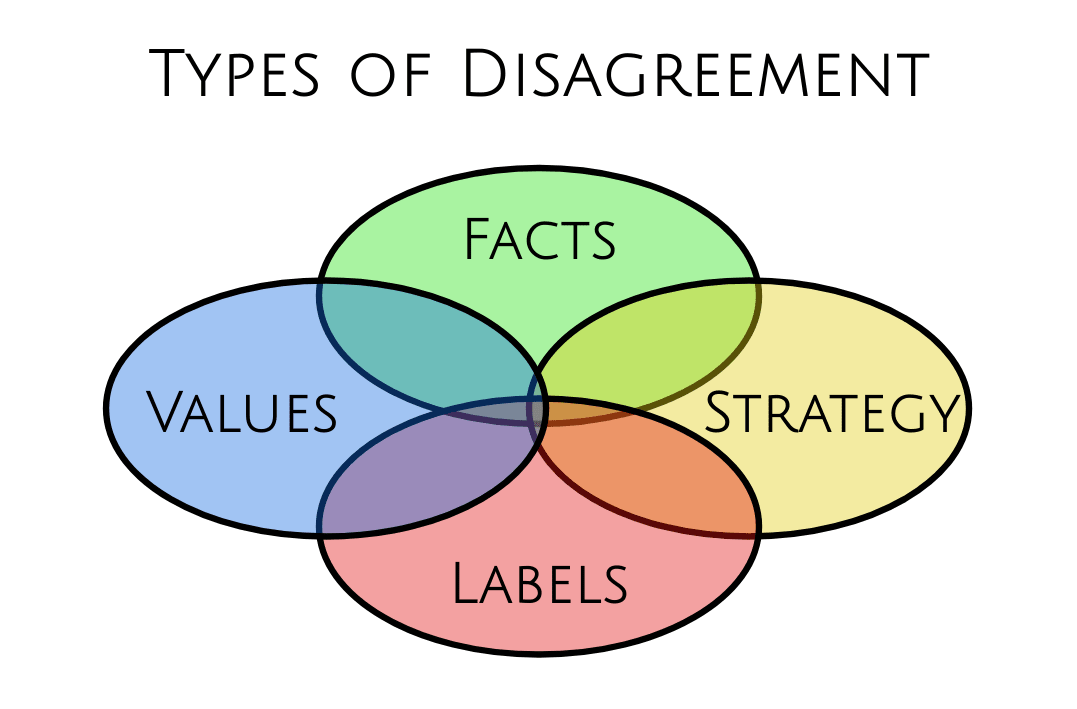Failures in Kindness
There's a particular kind of widespread human behavior that is kind on the surface, but upon closer inspection reveals quite the opposite. This post is about four such patterns. Computational Kindness One of the most useful ideas I got out of Algorithms to Live By is that of computational kindness. I was quite surprised to only find a single mention of the term on lesswrong. So now there's two. Computational kindness is the antidote to a common situation: imagine a friend from a different country is visiting and will stay with you for a while. You're exchanging some text messages beforehand in order to figure out how to spend your time together. You want to show your friend the city, and you want to be very accommodating and make sure all their preferences will be met. So you simply ask them: "What do you want to do"? And maybe you add "I'm completely fine with anything!" to ensure you're really introducing no constraints whatsoever and you two can do exactly what your friend desires. People often act like this, and they tend to assume they're doing the other person a favor by being so open and flexible. After all, this way the other person will have to make no trade-offs and can spend their time exactly as they please. The problem with this however is that it's computationally unkind: it offloads all the effort of coming up with ideas and making decisions to the other person. So while it is kind on one level (respecting their object level preferences), it's unkind on another (effort, and respecting their possible meta level preferences about the planning process). And particularly if the friend's preferences about what exactly to do are not that strong, it now gives them a difficult and uncertain task for very little payoff. So what's the computationally kind way of approaching this situation? You could name a (not too long) list of concrete proposals of how you could spend your time. If you know the person really well, you could suggest a full-fledged plan





"was not associated" tells us more about the sample size than the effect, as far as I can tell, though, doesn't it? The 0.82-2.42 CI does not seem very reassuring. Especially given this is just observational - it could well be that people who brush immediately after intake of something that's bad for your teeth are generally conscientious about their dental health, so if they still end up with worse outcomes in this study (albeit not reaching statistical significance), then brushing quickly after acid intake could potentially be even worse than this CI (weakly) suggests.
That said, the measured odds ratios for fruit/acids between meals were so much larger that it might indeed make more sense to focus on these than on the exact timing of brushing.